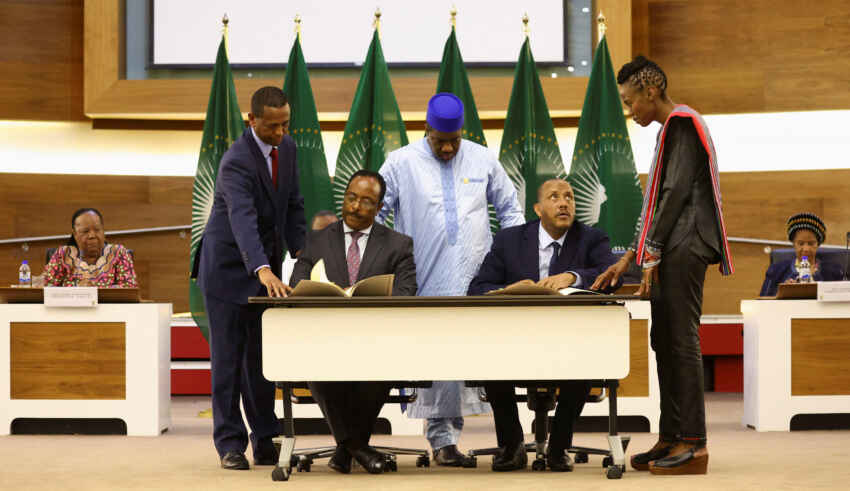
Ethiopia, Africa’s second most populous country and a traditional outpost for regional security is suffering the last two years from a civil war. The war in the Tigray region, the north part of the country has left thousands of dead, forced millions of people to flee from their homes and pushed parts of the country at the edge of starvation. Forces under Prime Minister Abiy Ahmed — the Ethiopian military, ethnic troops from neighboring Eritrea — are fighting to oust the Tigray People’s Liberation Front from its stronghold in the northern region of Tigray. Yet, Mr. Abiy failed to keep his promise to turn the operation against T.P.L.F. a bloodless victory.
The war, which has been raging since November 2020, has turned into brutal clashes between the 2 sides and an ongoing violation of international law. Both sides are facing charges of war crimes, sexual violence and killing of civilians (on claim of Amnesty International and Human Right Watch), including 3 Aid Workers working for Doctors Without Borders. Moreover, according to the New York Times, since the war started, witnesses have reported numerous human rights violations, many confirmed by a U.N.-led investigation of massacres, ethnic cleansing.
Still the civil clash in the country most likely is coming to an end. The Ethiopian Government and the TPLF have agreed to an implementation plan for the permanent cessation of hostilities. The agreement may still be fragile, however it is a potential relief to millions of people that are awaiting humanitarian aid. The blocking of Tigray from humanitarian aid was unacceptable and the responsible for it should provide answers to the international community, since it has driven thousands of people into the verge of famine. The return of humanitarian aid to the region is part of the agreement and has already begun to materialize with the International Committee of the Red Cross reporting that the first convoy has arrived in Mekele. Although the needed humanitarian aid is still not reaching Tigray at anything near the scale of needed. Supporting the people in need is a crucial part of whether the involved sides will respect the agreement, failing so may cause hostilities in the region could erupt again.
The agreement also refers to the complete disarmament of the Tigray region within 30 days. Although Prime Minister Abiy Ahmed declared that “Ethiopia’s peace proposal has been accepted 100 percent”, according to Foreign Policy it will be difficult for the Tigray fighters to accept this agreement so easily. This concern is real, both the governments of Ethiopia and the TPLF along with the international community must be vigilant in case separatist groups do not comply with the reached agreement.
In addition, the agreement leaves many unanswered questions that could put it in jeopardy. Firstly, in my opinion, the absence of reference to human rights violations during the civil conflict is a wrong choice and can easily lead to the exculpation of the decision-makers. There is the need to focus on addressing these matters in the upcoming months. Secondly, the absence of reference to the Eritrean forces that took part in the conflict. The Eritrean government has her own agenda regarding the conflict in Tigray. The Ethiopian government needs to urgently clarify which is going to be the involvement of their ally from now on in the peacebuilding in the region.
Nevertheless, the biggest gamble here is the reintegration of the Tigray rebels in Ethiopian society. The article 6 of the agreement introduces a timeline for disarming the rebels within 30 days as was mentioned before, yet as Washington Post comments, there is not any specific demobilization plan or program to reintegrate fighters into society. If Ethiopians want to restore peace to their land, they need to treat these people with dignity and integrate them into the society without discrimination through solid planning. If they fail to do so I am very afraid that hostilities may arise again.
By The European Institute for International Law and International Relations.















